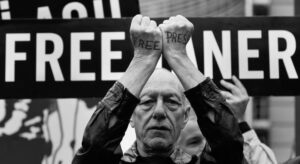
By Kelvin Tjiringa: Opinion
We don’t go into journalism to be popular.
It is our job to seek the truth and put constant pressure on our leaders until we get answers.
Good-morning Hellen Thomas.
Well, how to begin?
Namibia is presently in the throes of the experience of a convergence of world press freedom lobbyists.
This is an event which for the country’s veteran journalists will be so much of a de-ja vu resurrecting memories of 30 years, but also a refreshing highlight for the rookie, the post 90s word-weaver, the blogger and the modern-day citizen journalist.
Hellow Social Media key-board wariors!
Ride with me.
For it is here that the Windhoek Declaration was spawned.
It was out of the urgency of the moment, the unravelling political dispensation that sank the sun of apartheid, that brought the ignoble consummation of the cold war, its toxic overarching politics and dismantled the Berlin Wall.
As history buried those that sort to spit into the winds of change and so a new liberated Africa was rising, and indeed the captains of the journalism craft had the noble obligation to rise with the tide.
Apartheid Namibia was slowly restructuring itself from the big white neighborhood it was, a neighborhood within which draconian demons of progress rode rough shod over media freedoms.
Out of that brutalizing past, we blossomed into this flower of a truly inclusive domiciliary edifice subject to the rule of law and not the law of the ruled.
A flower, to borrow from Tupac Shakur, with the majestic glow of its broken petals, sprouted from the concrete of war, depravation, disenfranchisement.
And so 1991 was both the Waterloo of the past and its skullduggery, the birthing of a new nation, founded in the sacrosanct foundations and spirit of liberté, égalité, fraternité.
In their foresight, the architects of the Declaration were quick to respond to the need to checkmate any future attempt to muzzle the media in the changing times of the early 90s, to prop the underpinnings of a true libertarian society and build from its foundations a truly autonomous press.
It was here that the Declaration was spawned and it is here that we can meaningfully talk of the liberty of the press without turning back our heads as to who else is listening for ulterior motives.
The modern political dynamics, the unraveling class struggle and seismic shocks in the economy, reeling from a global pandemic shock-combat, the cancer of corruption, the depredations of industry on the environment, all calls for a stronger journalist of conviction, of a sound moral compass and firmness of judgement.
Journalism has to provoke the pinnacles of power, has to expose the accesses of state, its eccentricities, its vulgarities, its strongest and weakest links with a burgeoning authority that is both fearless and unwavering.
For one can better test the degree of freedoms one is allotted by first asking, “Who am I not allowed to criticize?”
And journalism should seek to counter those that hold the levers of power and drag them to the alters of accountability and unbridled transparency.
For a free press speaks to a free society.
Those that are threatened by these unshackled levels of freedom in the journalist will always seek to control, to muzzle and intimidate.
It is they that have something to hide, the vapid archdemons of democracy who persistently seek to monopolize truth, to manipulate cognitive and checkmate society with draconian restrictive legislation.
These have scattered themselves across Africa.
But on the liberty of the press we can never compromise.
It is a liberty one can not give but take, nurture and execute to its brutal and utmost majestic limits.
For the beginning of the demise of this right would be the hinging of our country to a capricious executive that vacillates and plays Russian roulette with our journalists, their means and impulse to survive, to practice their craft and tell the stories of the beautiful symmetry of our geography and clime, the tempest of our politics.
True to the assertion of Henry Grunwald, journalism can never be silent: that is its greatest virtue and its greatest fault.
It must speak, and speak immediately, while the echoes of wonder, the claims of triumph and the signs of horror are still in the air.
The nature of society is best expressed and reflected in its local journalist.
Yet we have seen many women and men killed for daring to report, right through Continental Africa and the rest of the world.
We have seen how fragile these freedoms are when a megalomania is allowed into the high corridors of power in the Americas, where the weaponization of the phrase “fake news media” sought to torpedo the reporter in the course of his duty.
We have seen how man has played god when faced with the true wrath of intrepid news reporting in the Gambia, in Egypt and in Eretria where the freedom of the press almost sounds like a Chimera.
And we speak these truths for we are awake to the reality that only but an ultra-thin layer of sanity separates us from the burgeoning free press environment we shimmer in, to a dystopic chaos of authoritarianism.
So as we play host to the world, may we never slumber in propping the clutches of these freedoms and allow journalists to be journalists.
This is a space for libertarians, and not sycophants and ultracrepidarians.
This is The Fourth Estate!
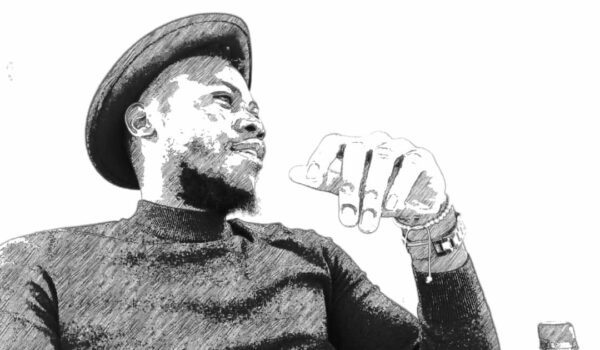
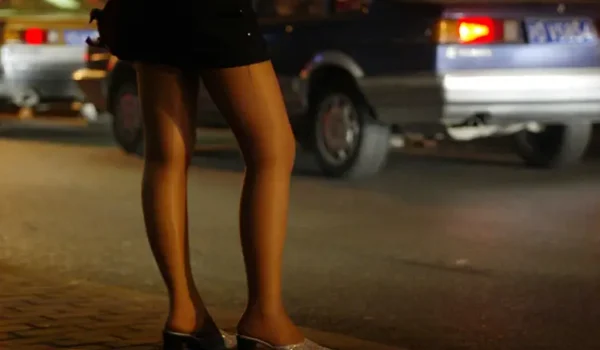
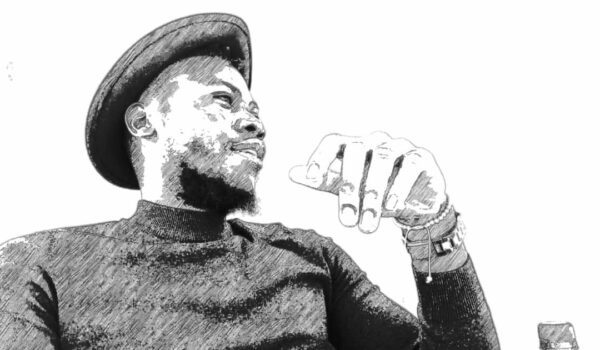
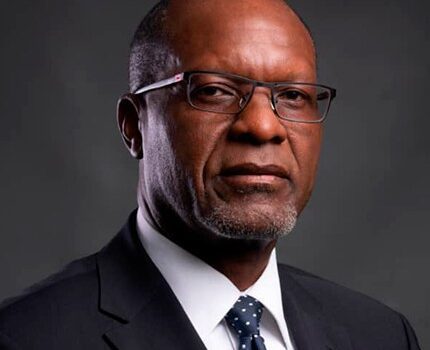
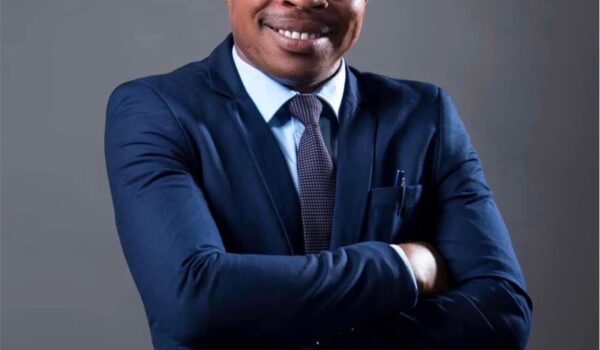
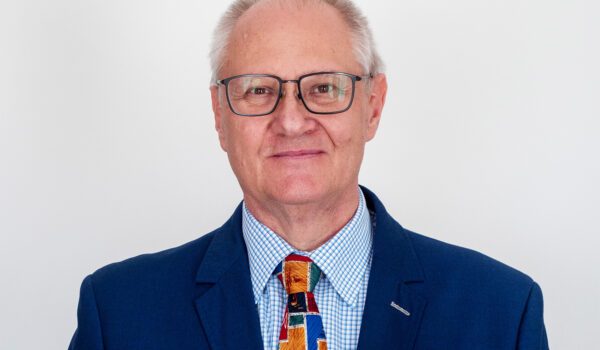
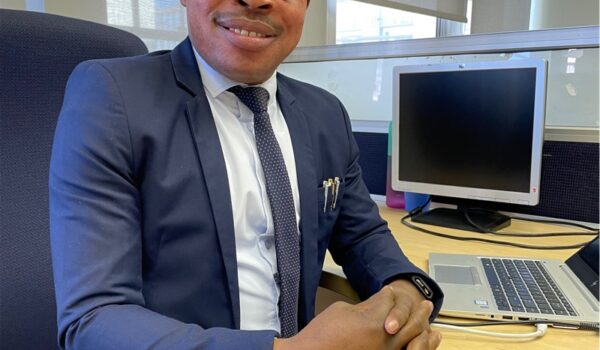
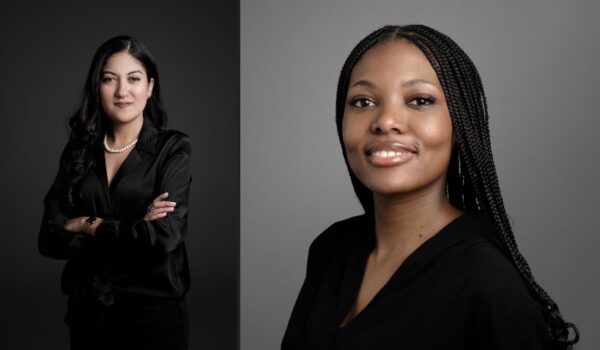

Comments